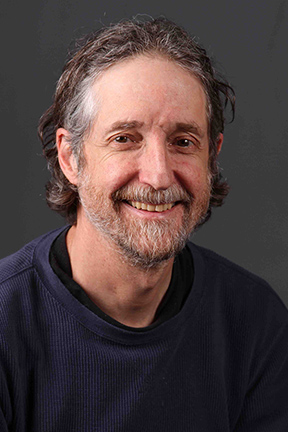Candidate Statement: Geoffrey Clayton
Nominated Office: Vice-President
Affiliation: Louisiana State University
Position/title: Ball Family Distinguished Professor, Physics & Astronomy
PhD institution: U. of Toronto (1983)
Areas of scientific interest:
- Circumstellar and interstellar dust in the Local Group
- The evolution of R Coronae Borealis Stars
- Binary white-dwarf mergers
AAS positions & dates:
- Sustainability Committee (2014-2018, Chair 2017-2018)
- Funds for Astronomical Meetings: Outreach to Underrepresented Scientists (FAMOUS) Grants Committee (2014-2018)
- Solar Eclipse Taskforce (2014-17)
- AAS Councilor (2013-16)
- Committee on the Status of Women in Astronomy (1992-1995, 2006-2009, Chair 2007-2009)
- Chretien International Research Grant Committee (2002-2003, Chair 2003)
- Warner/Pierce Prize Committee (2000-2001, Chair 2001)
- Small Research Grant Committee (2000)
Other relevant positions and experience:
- LSU College of Science Diversity Committee (2017-2018)
- IUE, SMEX, FUSE, ADP, NOAO, NSF, HST, SST Review Panels (1991-2017)
- Editorial Board of the Journal of the AAVSO (2011-2017)
- Hubble Fellowship Committee (2016)
- IAU Working Group on Women in Astronomy (2010-2015)
- Organizing committee for Women in Astronomy and Space Science Conference, College Park, MD (2009)
- Council for the American Association of Variable Star Observers (AAVSO) (2002-2003)
- Visiting Senior Scientist, NASA Headquarters (1988-1990)
Candidate Statement: I recently gave an invited talk entitled, "Is There Anything I Can Do To Improve Diversity Other Than Retire?" It's a good question to ask, but the answers are that we all need to work together to improve diversity and that we all have something to contribute. In these uncertain times, the AAS is more important than ever. The AAS is on the forefront of promoting diversity and inclusion in science. Also, maintaining and improving scientific literacy in the United States has never been more important. We must continue to make the point that the payoff for investments in the areas of science education and basic research is huge and astronomy, in particular, has the ability to inspire great interest in science.
The vice presidents of the AAS are responsible for planning the programs of the Society’s scientific meetings, and also act as advisors to the president. Planning the scientific program and the selection of speakers is very important. The speakers must be selected in such a way that we not only show off our best science but also show our diversity and inclusion.
I will bring a great variety of experience with me if elected as vice president. I came to the United States as a newly minted Ph.D., and have lived and worked here ever since. I spent over a decade on soft money, and two years at NASA as a program officer before getting a tenure-track position. I have been a professor at LSU for 21 years and I am still trying to become a better scientist, a better mentor, and a better teacher. I have had a career-long interest in increasing diversity in astronomy and am keenly interested in assuring inclusion in science for everyone. However, there is a real danger that the gains we have made as a society in increasing the diversity of our membership may be lost if we enter a prolonged period with few tenure track positions available. If elected, I will work through the society to maintain and enhance the key areas of science education, basic research, diversity, and inclusion.


